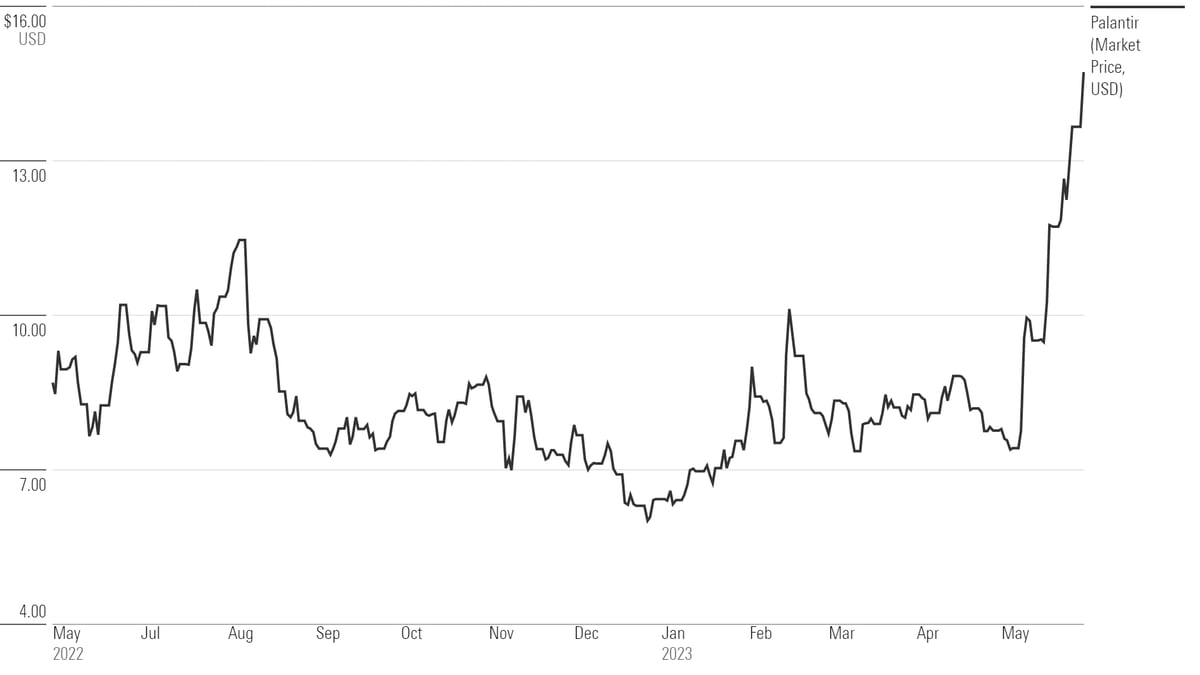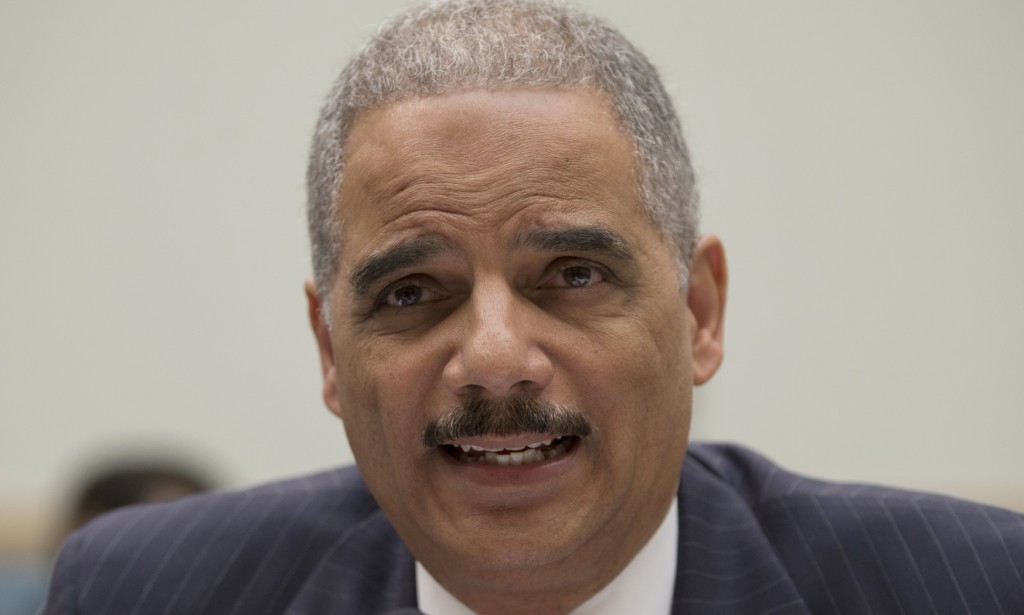France Urges EU To Escalate Response To US Tariffs

Table of Contents
France's Arguments for Escalated Action
France's position is clear: the current EU response to US tariffs is inadequate. They argue that the imposed measures haven't effectively countered the economic damage inflicted on numerous European businesses. This ineffective response necessitates a more assertive approach to safeguard European interests and mitigate further economic losses. The French government highlights specific sectors, such as agriculture and manufacturing, which have been severely impacted by the US tariffs, leading to job losses and decreased competitiveness.
France's arguments center around the need for a stronger, more proactive stance. This involves:
- Increased tariffs on US goods: A more aggressive implementation of counter-tariffs on a wider range of US imports is advocated. This strategy aims to create economic pressure to encourage the US to reconsider its policies.
- Targeted sanctions against specific US industries: France proposes focusing sanctions on specific US sectors to maximize the impact and leverage economic pressure more effectively. This would be a departure from the more generalized counter-tariffs currently in place.
- Lobbying for stronger multilateral trade agreements: France stresses the importance of strengthening international trade agreements and advocating for a fairer global trading system through multilateral efforts. This approach aims to establish a more robust framework to prevent future trade disputes.
- More aggressive use of the WTO dispute settlement system: France advocates for leveraging the WTO’s dispute resolution mechanisms to challenge the legality of the US tariffs under international trade law.
Potential EU Responses and Their Implications
The EU faces a critical juncture, weighing various options in response to the pressure from France and other member states. The potential responses, and their resulting implications, are far-reaching:
- Imposing counter-tariffs on a wider range of US products: This is a key option being considered, but its implementation necessitates a delicate balancing act. While it would exert further economic pressure on the US, it risks escalating the trade war further.
- Further trade restrictions: The EU might consider implementing additional trade restrictions beyond tariffs, potentially impacting various aspects of US-EU trade relations.
- Slow progress in ongoing trade negotiations: Current negotiations between the US and the EU have yielded slow progress, highlighting the difficulties in finding a mutually agreeable solution. Escalation might complicate these already challenging negotiations.
The economic consequences are significant:
- Impact on consumer prices in both the EU and the US: Increased tariffs invariably lead to higher prices for consumers on both sides of the Atlantic, impacting household budgets.
- Potential for further escalation and a full-blown trade war: The risk of a full-scale trade war, with widespread and damaging consequences, remains a real possibility if the situation escalates.
- The role of other EU member states in shaping the response: A united EU front is crucial, yet reaching a consensus among member states with diverse economic interests and sensitivities proves challenging.
The Role of Other EU Member States
Achieving a unified EU response is proving difficult, as member states hold differing national interests and economic priorities. This lack of consensus significantly complicates the decision-making process and the development of a robust and effective counter-strategy to US tariffs.
- Germany's stance on the issue: Germany, a major trading partner of the US, may advocate for a more cautious and negotiated approach, seeking to avoid a damaging escalation.
- The influence of smaller EU nations: Smaller EU nations may feel the impact of trade disputes more acutely, influencing the decision-making process and potentially pushing for stronger action.
- Political pressure and lobbying efforts: Intense political pressure and lobbying efforts by various sectors and interest groups will undoubtedly shape the final EU response, impacting the nature and scope of any retaliatory measures.
Conclusion
France's forceful advocacy for a stronger EU response to US tariffs underscores the growing frustration within the EU concerning the impact of this trade dispute. The EU's response will carry significant economic and political implications, testing its ability to act decisively in the face of US trade policies. Potential responses range from heightened counter-tariffs to targeted sanctions; each option presents its own challenges and consequences. The ongoing saga of US tariffs on EU goods demands close attention. Stay informed about the developments in this crucial trade dispute and the evolving response from the EU. Follow our updates on France's stance and the broader implications of the EU's response to US tariffs.

Featured Posts
-
 Simplified Stock Trading The Jazz Cash And K Trade Advantage
May 10, 2025
Simplified Stock Trading The Jazz Cash And K Trade Advantage
May 10, 2025 -
 Former Ag Pam Bondi Announces Release Of Epstein Diddy Jfk Mlk Files
May 10, 2025
Former Ag Pam Bondi Announces Release Of Epstein Diddy Jfk Mlk Files
May 10, 2025 -
 Is Now The Right Time To Buy Palantir Stock
May 10, 2025
Is Now The Right Time To Buy Palantir Stock
May 10, 2025 -
 Unlocking The Nyt Strands Puzzle April 9 2025 Solutions And Strategies
May 10, 2025
Unlocking The Nyt Strands Puzzle April 9 2025 Solutions And Strategies
May 10, 2025 -
 Why Is The Us Attorney General On Fox News Daily A More Important Question Than The Epstein Case
May 10, 2025
Why Is The Us Attorney General On Fox News Daily A More Important Question Than The Epstein Case
May 10, 2025
